Important Nutrients For First Trimester
And how to get them through whole foods
A well balanced diet is one of the keys to a healthy pregnancy, as nutrient demands are high during this time. So what are the key nutrients that play a crucial role in the development of baby during the first trimester? Read on to find out the recommendations set out by Oh Baby Academy:
Vitamin A
There is much controversy surrounding Vitamin A in pregnancy. This nutrient is important in the development of nearly every system in the body, yet 25% of women don’t consume enough. Associations with birth defects are linked with synthetic Vitamin A found in many supplements, which makes consuming it via whole foods so much more crucial. Vitamin A is crucial for the development of baby's facial features, thyroid, adequate birth weight.
Best food sources: grassfed / organic NZ beef liver, duck / chicken liver/giblets, grassfed butter, egg yolk, sweet potatoes.
Vitamin B9 / Folate
We've all heard about the importance of folic acid during pregnancy, but the active form, folate is what the body needs in order to be used. And because up to 60% of people have a gene mutation that inhibits the transformation of folic acid into its usable form, it's important that the methylated form of folate (methyltetrahydrofolate), and not folic acid, be present in a prenatal multi-vitamin.
Supplementation is crucial for all! Sufficient folate is important for promoting neural tube formations, decreasing midline defects, cleft palates, lip/tongue ties, and necessary in the production of new DNA, cells, amino acid synthesis, and vitamin metabolism.
Best food sources: chicken liver, beans, lentils
Vitamin B12
If you're plant-based, b12 supplementation with the methylated form of B12, methylcobalamin is crucial. Cyanocobalamin, the least absorbable form, is often found in supplements so check the labels!
B12 is involved in the synthesis of DNA and red blood cells and is important for the gross motor development of baby. It can affect the energy and strength levels of mama. Deficiency can cause anxiety and depression during and after pregnancy and serious neurological/psychiatric problems.
Best food sources: organ meat, tuna, salmon, cottage cheese, beef and plain yogurt.
Vitamin C
Vitamin C is important in the first trimester due to lowered immune function. Sufficient intake of Vitamin C rich foods throughout pregnancy can also help lower risk of Group B Strep later in pregnancy.
Vitamin C plays a role in collagen production and tissue growth, as well as the supports the immune for babies. It is also important for the absorption of iron, another crucial nutrient throughout pregnancy. Sufficient Vitamin C is also linked to the reduction of risk for placental abruption, and increases the immunoprotective quality of breastmilk postpartum.
Best food sources: camu camu, sour cherries, red bell peppers, guava, broccoli, strawberries
Choline
One of the lesser known siblings of the B Vitamins, choline is closely related to folate and offers many of the same benefits. supplementation via sunflower lecithin or choline bitartrate is important for those who have a known or suspected MTFR mutation or who don't consume eggs regularly.
Choline is linked directly to baby's brain development, and studies have shown that maternal intake of choline can directly affect baby's cognitive function. In the first trimester, choline is important for neural tube development and is needed for proper DNA synthesis. It also affects mama's liver function and placental function.
Best food sources: eggs, liver, salmon, brussel sprouts
Iodine
Iodine needs double during pregnancy, but most prenatal supplements don't even contain this mineral. Dietary iodine is necessary for healthy thyroid function and supplementation should be considered for those who don't are plant based, don't consume seaweed regularly, and those with known or suspected hypothyroidism.
Iodine is linked to thyroid and neuro-developmental function in babies and can affect their IQ and brain development. insufficient iodine can lead to hypothyroidism for mamas.
Best food sources: kombu kelp, cod, haddock, dulse, yogurt, cottage cheese, milk, eggs
Magnesium
Magnesium is recognized as a cofactor in over 300 enzymatic reactions in the body, yet many women are deficient. Conventional farming practices have also played a huge role in the depletion of magnesium from the soil, making organically grown foods important for magnesium rich foods.
Interestingly enough, although magnesium plays a role in bone health and is required for DNA synthesis in babies, it is more important for maternal health. For mamas, it can help reduce morning sickness, back pain, constipation, edema, leg cramps and gestational hypertension. Supplementation in the form of magnesium glycinate is recommended.
Best food sources: pumpkin seeds, oats, sunflower seeds, spinach, cacao powder, chia seeds, brazil nuts
Zinc
It is estimated that 80% of pregnant women worldwide are deficient in zinc, which is particularly important in the first trimester due to lowered immune function. Supplementation for those with weakened immunity, those who are GBS+ and those who are on a plant based diet are recommended.
Zinc plays a role in supporting baby's immune function, protein synthesis and cellular division as well as adequate birth weight. It is important for the immune function of mama and can lower the risk of GBS and miscarriage/stillbirth.
Best food sources: oysters, alaskan crab, oats, beef, pumpkin seeds
Want more in-depth support and an individualized plan on how to get these important nutrients to support your pregnancy? Book a FREE discovery call to see how we can work together!

